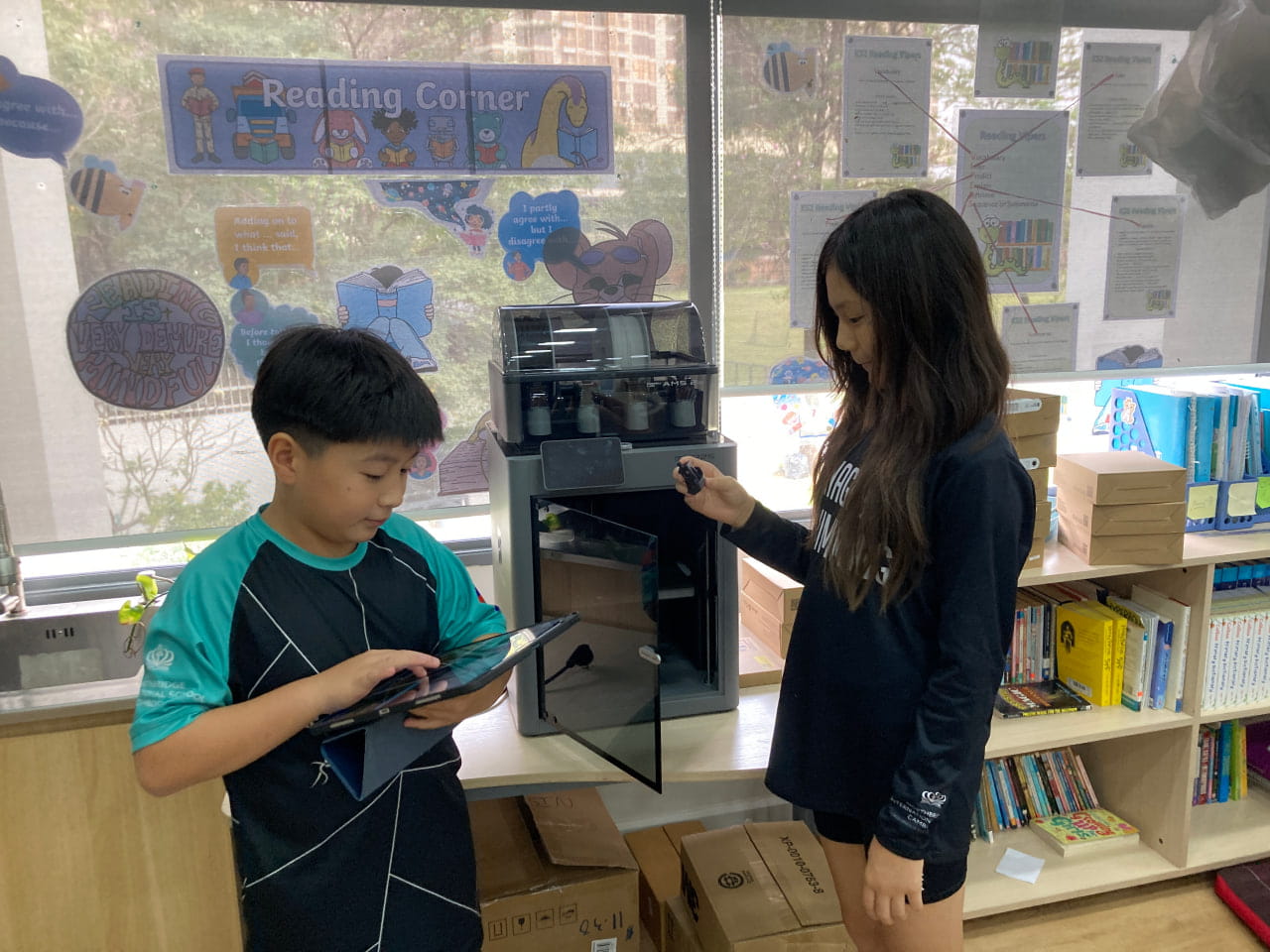It is the skill we want our children to learn and master if we expect them to achieve success and navigate a world that relies on the power of language and communication. The classroom is where reading takes shape and form. We can be vigilant and proactive in this process.
Here at Northbridge, the school community values the process of “beginning reading instruction.” Before a child understands the meaning of letters/numbers and words, it starts with the critical skill of phoneme awareness and phonics. These components rely so much on attention and memory function. This is typically why cognitive deficits may be detected early on - when learners find the learning of reading laborious, reading instruction can be inefficient and other issues may be noticed.
Reading is the doorway that leads to knowing, understanding, applying and evaluating the concepts in science, literature, languages, math, arts and design – that students will encounter throughout their educational journey. If they miss out on learning how to read, their journey towards success, independence and confidence will be held back by painful obstacles.
Our school is committed to finding the most innovative, and the most strategic reading instruction program designed to power through the challenges brought about by the diverse learning needs of the 21st century.
In our search for an excellent program, Read Write Inc., seems to be the most responsive to the personality and challenges of this generation, more than any other “phonics” program. Both research-informed and evidence-based, it focuses on a steady flow of practice, which increases fluency and automaticity in decoding and word recognition.
Here are other reasons why we should care:
- RWI has a timetable to ensure the pace and sequencing of sounds are followed, as well as reading opportunities already built-in (Cons: Teachers may focus more on finishing lessons rather than checking individual progress.) One-to-one check-in is not part of the structure, so this is done outside of RWI time, depending on the need recognized by the teacher.
Materials are grouped based on students’ reading levels, so it is easy to use.
Books targeting specific lessons (sounds) are included.
A student’s fluency in reading the books assigned is an easy indicator of their progress.
The sequence of sounds is learned to incorporate more vocabulary and is not limited to the same repeated words.
In the lower years, RWI uses rhymes to help with letter formation. Each letter has a “character” making the learning of the sounds more impactful and fun for the kids.
RWI includes the simultaneous teaching of handwriting.
For more information on Read Write Inc, check out this website.
The skill of reading is neither naturally or automatically developed nor should it be incidentally taught. It is not acquired by simply observing other children doing it. Reading is taught explicitly and systematically.
There is a science in learning letters, sounds, and words, and primary teachers at Northbridge ensure that effective reading instruction, and the engineering of steady reading practice, are all taking place.






